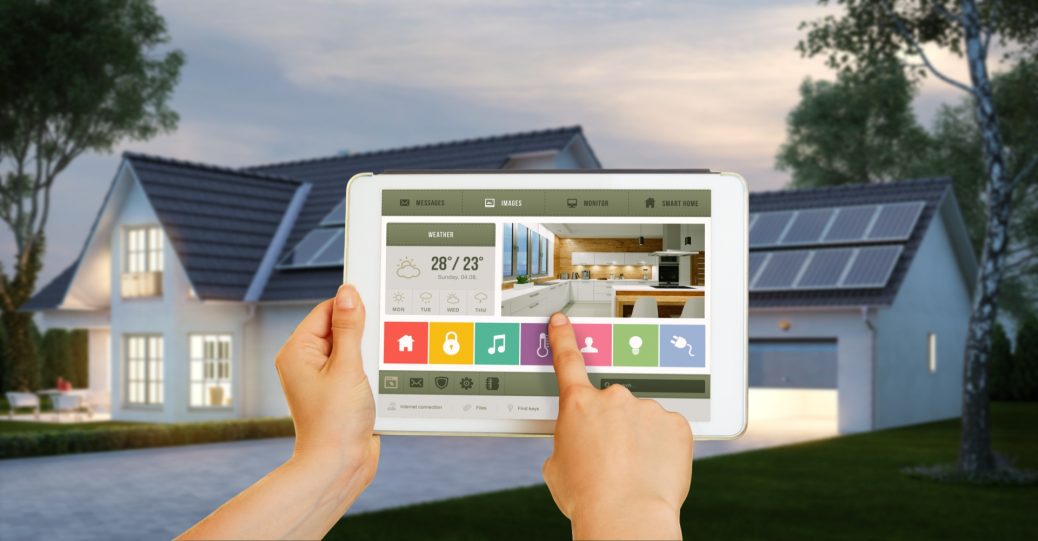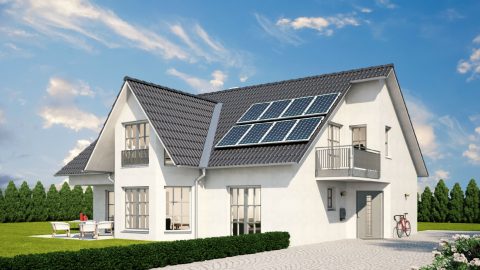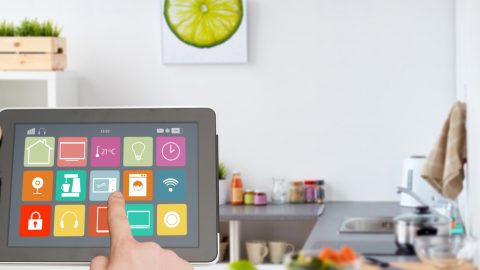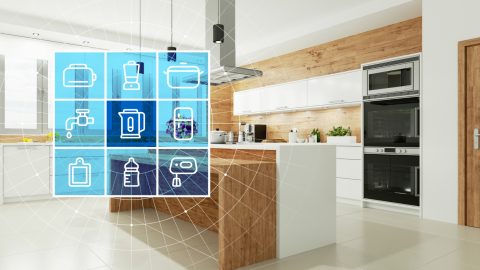We all want to do our best to conserve energy and save on electricity bills. And thanks to the recent rise in environmental awareness, many of us also want to reduce our carbon footprint. That’s why a lot of homeowners have chosen to use solar energy to power their home.
Solar panels were not that popular back in the early 2000s, but now they’ve definitely taken off big time. It’s currently not uncommon to see solar panels on top of your neighbor’s roof.
Almost everyone has gone solar thanks to its multiple benefits. Aside from how solar energy greatly helps the environment, going clean and green and can also save your bank account.
How Can You Save on Energy Bills?
Before going into the details, you need to first figure out how much you can save if you switch over to solar energy. You can do this by calculating the amount you’re spending on electricity annually.
For instance, the average American household needs about 11kWh annually. If you multiply that by the national average electricity rate of 0.1301 per kWh, you’ll find that the typical American household spends over $1,430 each year on electricity alone.

An additional incentive for switching to solar is utility rate inflation; when you generate your own power via rooftop solar panels, you’re sure to have consistent energy costs. You won’t even need to consider variable utility rates.
Solar Energy as a Source of Revenue
In select areas, you can install net metering systems that will let you sell solar power to other property owners. What’s great is that you don’t actually need any huge, noisy industrial equipment. Extra space on your rooftop is enough.
For U.S. citizens, you can sell solar energy to the grid at rates that can completely offset your electricity bill. That is, of course, if the system is big enough to generate more power than what you’re using.
Make the Switch Now
Do you live in an area with an ideal solar rating and high energy rates? If you can afford the initial investment in solar panels, then you might want to consider going for solar energy. It’s worth making the switch while the 30% tax break is still in place – not only for your wallet, but also for the environment.
If you plan on buying solar panels, be sure to shop around and look for incentives. Take note that you don’t need to buy solar panels – you can also lease them. That means you can have solar energy at home with a much lower upfront cost. However, since you are not the owner of the panels, the units will not raise the value of your home and you may not be qualified for certain incentives.












